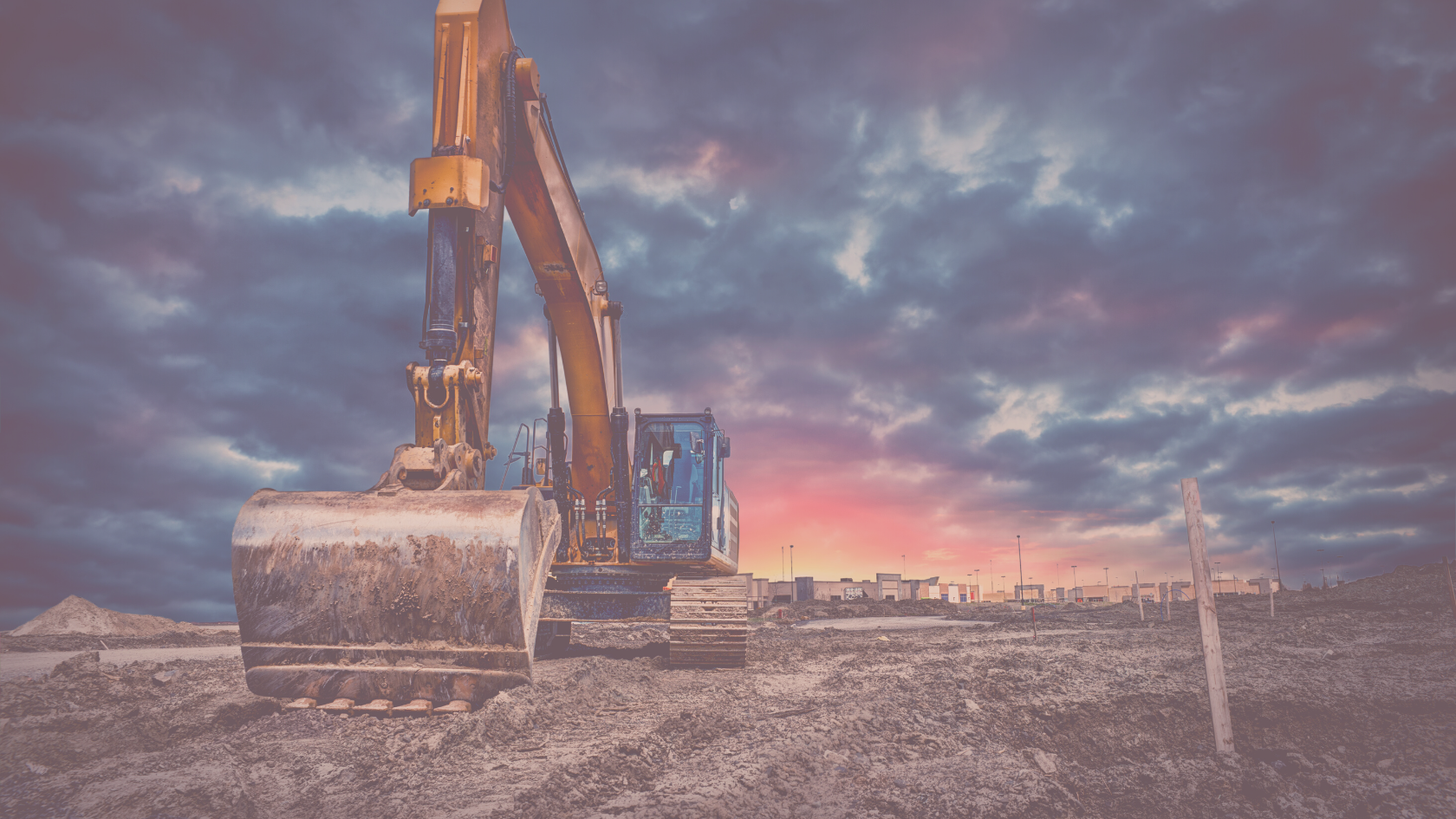Toronto offers excellent investment opportunities. Our clients often ask us many important questions about Toronto’s real estate market. How to make the best decisions? What to buy? And Where to buy? Here are answers to some of the most frequent and important questions.
[su_accordion][su_spoiler title=” Why should I buy a pre-construction condo and not a resale condo?” open=”no” style=”default” icon=”plus” anchor=”” class=””]
You get to own something new, never lived in, state-of-the-art amenities and modern finishes. You’re able to customize it and make it your own. The best part, pre-construction is often cheaper and appreciation is higher and more rapid.[/su_spoiler]
[/su_accordion][su_accordion][su_spoiler title=”Why do I need a Real Estate Agent when I can go straight to the Builder?” open=”no” style=”default” icon=”plus” anchor=”” class=””]
The best thing you can do for yourself when you buy a pre-construction is to use an experienced realtor, we protect your interest and not the developer’s. Skilled agents can guide you on selecting developers, buildings, and neighbourhood, share inside information on projects and developer’s negotiability.
We specialize in pre-construction and will help you use the timelines to your advantage, as well as introducing you to projects where first tier pricing is available. We have a strong processional network that will allow you to get in on new projects before others know about them. This means more savings for you, first opportunity to select the unit you really want and extra incentives when buying
[/su_spoiler] [/su_accordion]
[su_accordion][su_spoiler title=”How much money down will I need and will my deposit be protected?” open=”no” style=”default” icon=”plus” anchor=”” class=””]
One of the main differences when purchasing a pre-construction vs. a resale is the way it is financed. On a resale condo, you can put down as little as 5% towards the purchase price. A typical deposit for a pre-construction condo suite for a Canadian, buying from a builder is 20% of the purchase price. A typical deposit structure may look like this:
Here is an example of a typical deposit structure:
- $5,000 with the offer
- Balance of 5% in 30 days
- 5% in 90 days
- 5% in 180 days
- 5% at occupancy
Your deposit is fully protected by the Condominium Act and your closing fees will include a Tarion Warranty Corporation enrollment fee that provides deposit protection of up to a maximum of $20,000. This way, in the unlikely event that the condo project is not completed, the financial loss will be less significant.
Deposits are generally required to be higher in the beginning of a project, as the bank that is financing the building will have set this as a requirement. Closer to the completion of the project, deposit structures may become more negotiable.
[/su_spoiler] [/su_accordion]
[su_accordion][su_spoiler title=”Where is the best place to buy a condo to make the most on my return?” open=”no” style=”default” icon=”plus” anchor=”” class=””]
There is no magic answer. Every buyer, neighbourhood and timeframe is unique.
Some questions to ask yourself:
- Goals & Intentions – are you an investor, do you intent to live or rent your unit
- Price Range – We are able to provide you with several options within your budget
- Lifestyle – do you prefer boutique buildings, luxury amenities, subway access, shopping?
A merger of two or all of the above will determine which location and what the best strategy for you is.
[/su_spoiler] [/su_accordion]
[su_accordion][su_spoiler title=”Best type of unit to buy for investment?” open=”no” style=”default” icon=”plus” anchor=”” class=””]
Studios are great rental units and they generate good income and are often popular with students. Having said that, they do take longer to sell on the resale market. One bedroom plus dens and two bedroom units attract more professionals and your families.
[/su_spoiler] [/su_accordion]
[su_accordion][su_spoiler title=”Should I buy parking with my unit?” open=”no” style=”default” icon=”plus” anchor=”” class=””]
Similar to the appreciation of your condominium unit, you will likely see the same for your parking space. Parking spaces are limited in the downtown core and can be costly. If you are an investor and purchasing on a transit line or in a neighbourhood with an amazing walk score, save your money and pass on the parking.
[/su_spoiler] [/su_accordion]
[su_accordion][su_spoiler title=”Which exposure is the best for resale?” open=”no” style=”default” icon=”plus” anchor=”” class=””]
Get your compass out! What direction does the balcony or your primary window face? Natural sunlight not only helps save on your hydro bills, but it can also help on your heating bills in those very cold winter months. Direct eastern exposure (sunrise) often warms a suite to a point that you may think you are sitting in a sauna, but this might be your cup of tea! The same scenario can have detrimental effects in the summer months when you will heavily rely on the air conditioning to cool down your unit. Northern exposure will be less bright and will offer little-to-no direct sunlight for 6-7 months out of the year.
By far, the most preferred exposure has to be southwestern. It’s the best of both worlds with less direct ambient heat, but a good amount of natural sunlight.
[/su_spoiler] [/su_accordion]
[su_accordion][su_spoiler title=”Which floor is the best for resale? Higher or lower?” open=”no” style=”default” icon=”plus” anchor=”” class=””]
You will have a better view on a higher floor but it will cost you (averaging of $1,000+ per floor), and it will sell for a higher price when you’re ready to sell. If you’re buying for investment purposes, chances are you could charge more rent for a higher floor, and in some cases, if the view is really amazing, you will be involved in a bidding war for your rental. Higher floors also have less street noise pollution.
[/su_spoiler] [/su_accordion]
[su_accordion][su_spoiler title=”Are number of elevators important?” open=”no” style=”default” icon=”plus” anchor=”” class=””]
Having too few elevators or slow elevators might result in painfully long waiting times, especially during prime times, such as early mornings and evenings. The number of elevators vs. the number of units (volume of people) is an important factor to check.
[/su_spoiler] [/su_accordion]
[su_accordion][su_spoiler title=”Can I own multiple properties in the same building?” open=”no” style=”default” icon=”plus” anchor=”” class=””]
Yes! You can definitely own multiple properties in one building, although the government will ask you to designate one as your primary residence. Any additional properties are considered an investment and may be subjected to HST at final closing.
Some developers may limit the number of units purchased by one person. The second purchase may be subject to a higher deposit structure.
[/su_spoiler] [/su_accordion]
[su_accordion][su_spoiler title=”What is a “Cooling Period”?” open=”no” style=”default” icon=”plus” anchor=”” class=””]
It is a period of time where Ontario pre-construction buyers only have the ability to rescind a sales contract, free of penalty during the first consecutive 10 days of entering into an agreement of purchase and sale according to Section 73 of the Condominium Act. This period only applies to pre-construction condo units purchased from a builder.
What do you do during this period of time:
- Ensure a real estate lawyer closely analyzes the agreement of purchase and sale to identify if the contract includes unfavourable terms.
- Connect with a mortgage broker, or bank to ensure you’re approved and all your financing is in place.
If during the 10 days you decide you no longer wish to continue with the purchase, you can cancel the contract. If you decide to proceed, congratulations! This period of time automatically waives on the 10th day and on the 11th you are firm!
[/su_spoiler] [/su_accordion]
[su_accordion][su_spoiler title=”What happens to my deposits if I change my mind?” open=”no” style=”default” icon=”plus” anchor=”” class=””]
If you’re still in the 10-day cooling off period and you decide not to go ahead with the purchase, the builder’s office will return your deposits in full prior to the end of the 10 days.
[/su_spoiler] [/su_accordion]
[su_accordion][su_spoiler title=”My first deposit cheque hasn’t been cashed. What is taking so long?” open=”no” style=”default” icon=”plus” anchor=”” class=””]
This is very common in newly-launched developments. The first cheque is usually cashed 10 days after signing the contract, but sometimes, if it’s a busy release and the developer has sold a lot of suites in a short amount of time, your file will take longer to process and your cheque may take longer to cash. This isn’t uncommon, so rest assured, your file will be processed as soon as possible.
[/su_spoiler] [/su_accordion]
[su_accordion][su_spoiler title=”What if I miss a deposit?” open=”no” style=”default” icon=”plus” anchor=”” class=””]
You will be subject to a non-sufficient fun fee (NSF). Avoid non-sufficient-fund (NSF) fees! It is easy
One thing we advise our clients to do is to set reminders on your calendar for the post-dated cheque withdrawal dates. It’s very easy to forget and if you neglect to have the amount in your account, you will get charged a NSF fee, which could be anywhere from $250 to $750. Understandably, this is not fun, especially if you aren’t expecting it. Plan ahead!
[/su_spoiler] [/su_accordion]
[su_accordion][su_spoiler title=”Do I need a Lawyer” open=”no” style=”default” icon=”plus” anchor=”” class=””]
Yes. You will need a lawyer to review your purchase agreement during the cooling off period, at the interim occupancy stage and at final closing. When you buy pre-construction, you will sign a lot of documents and it’s helpful to have a lawyer who specializes in these type of purchases helping you navigate these documents. Ensure your lawyer has experience with pre-construction purchases, as it’s a different process than a traditional resale.
[/su_spoiler] [/su_accordion]
[su_accordion][su_spoiler title=”What happens when I get a pre-approval for a mortgage today but in the future, my situation changes and I cannot close?” open=”no” style=”default” icon=”plus” anchor=”” class=””]
Life changes and sometimes it’s beyond our control. At times of purchase, some builders will offer an incentive called an “assignment”. This allows you to sell your contract to another buyer prior to closing. There are rules and stipulations around this type of sale and at time, developers may charge a fee.
[/su_spoiler] [/su_accordion]
[su_accordion][su_spoiler title=”What is an Interim Occupancy fee?” open=”no” style=”default” icon=”plus” anchor=”” class=””]
During the “Interim Occupancy phase”, it is safe and legal to live in your suite, but the building is still awaiting full completion and can’t be registered. This means you can live there (or rent it out if you have permission in writing from the developer), but you don’t have ownership title and you can’t yet register a mortgage.
This period could last anywhere from a few months to two years. During this timeframe, you will be paying a form of rent, also called “occupancy fees” to the developer. This is usually paid monthly and consists of interest on the unpaid balance of the unit’s purchase price, an estimate of property taxes and maintenance fees.
Learn more about Interim Occupancy vs. Final Closing Fees here.
[/su_spoiler] [/su_accordion]
[su_accordion][su_spoiler title=”What should I expect at closing?” open=”no” style=”default” icon=”plus” anchor=”” class=””]
There are additional costs at closing, along with some specialized paperwork. Aside from the down payment you give to the developer, be prepared to set aside four or five percent of the final purchase price for final closing costs. We’ll guide you through this process so it seems less overwhelming. Read more.
[/su_spoiler] [/su_accordion]
[su_accordion][su_spoiler title=”Will my condo be ready on time?” open=”no” style=”default” icon=”plus” anchor=”” class=””]
Even the most experienced developer who runs on schedule can run into delays which are out of their control. Delays can be caused by inconveniences that are beyond the builder’s control (such as labour strikes or poor weather conditions), but top-rated condo builders will always make it their mission to stick to the development timeline as closely as possible. Be sure to check the builder’s history on Tarion’s builder directory.
[/su_spoiler] [/su_accordion]
[su_accordion][su_spoiler title=”Can I rent out my unit?” open=”no” style=”default” icon=”plus” anchor=”” class=””]
Some developers prohibit renting out a unit for up to a year after closing. Others limit the use of amenities to owners. If you may want to find a tenant down the road, double check the building’s policy.
[/su_spoiler] [/su_accordion]
[su_accordion][su_spoiler title=”Will the condo fees go up every year?” open=”no” style=”default” icon=”plus” anchor=”” class=””]
Maintenance fees are direct share of the cost required to run the building. There are many different factors that add to the total cost. The utilities available, different amenities, the location, and even the age of the condo all play a significant role.
Pre-Construction maintenance fees are based on the interior space on the suite only and is not calculated using the balcony, terrace or exterior space. The maintenance fee that is included in your agreement of purchase and sale is typical for what you will pay during the first year. There is a condominium reserve fund for each building and it’s up your condo board to manage these funds. If managed properly, fees should not include
The maintenance fee that is stated on the sales agreement is usually what you will pay for the first year. There is a condominium reserve fund that is in place for every building and it’s up to your condo board to manage these funds and decide how they will be used. You can assist by joining the board and having input on these decisions.
During the first few years, there’s not much to maintain, as the building is new. These days, in newer buildings, the maintenance fees often don’t include Hydro, water or heating and cooling, which means you have control over your consumption. This could result in your fees staying lower, although keep in mind that it’s likely for fees to increase approximately three to five per cent a year to cover inflation.
[/su_spoiler] [/su_accordion]
[su_accordion][su_spoiler title=”What can I expect from the builder after I move in?” open=”no” style=”default” icon=”plus” anchor=”” class=””]
If you want to be sure that you’re buying from a builder that truly cares about your experience, look for an award winning builder’s customer care department. This way, you know that you have a trusted, caring team available to address any of your concerns and keep you up-to-date during the development phase (building progress and occupancy dates) and after you move in to your new suite.
[/su_spoiler] [/su_accordion]
[su_heading size=”25″]Step-By-Step[/su_heading]
An insider’s guide to buying new construction in Toronto.
[su_list]



